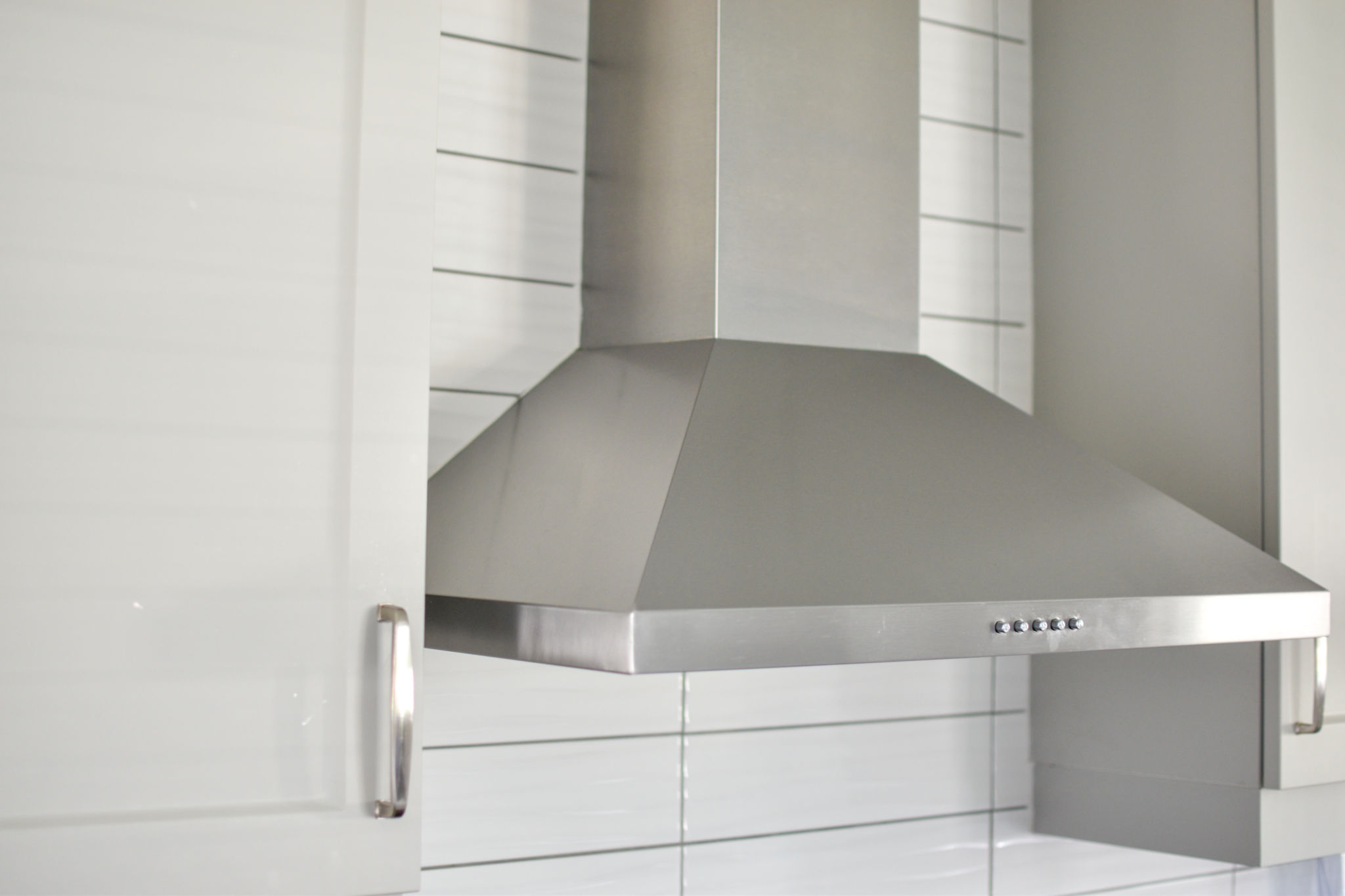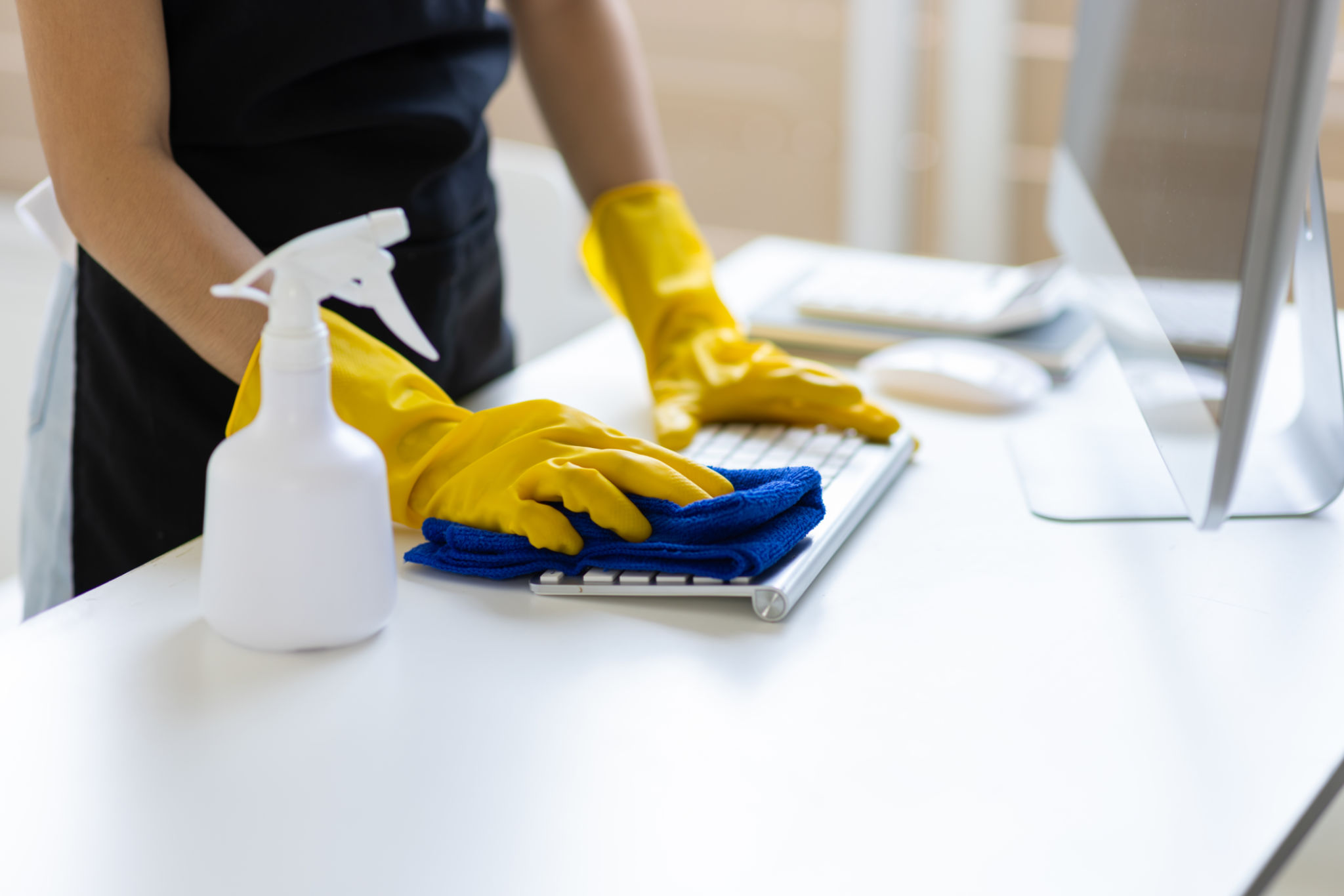Top Common Misconceptions About Kitchen Hood Cleaning Debunked
Understanding Kitchen Hood Cleaning
Kitchen hood cleaning is an essential task for maintaining a safe and efficient cooking environment. Despite its importance, there are numerous misconceptions about this practice that can lead to neglect or improper cleaning methods. In this post, we will debunk some of the most common myths surrounding kitchen hood cleaning to help you keep your kitchen in top condition.

Myth 1: Kitchen Hood Cleaning Is Not Necessary
One of the most widespread misconceptions is that kitchen hood cleaning is unnecessary. Some believe that regular use of the ventilation system suffices for maintaining cleanliness. However, over time, grease and grime build up in the hood and ductwork, posing a significant fire hazard. Regular cleaning is crucial to prevent grease accumulation and ensure the hood operates efficiently.
Why Regular Cleaning Matters
The National Fire Protection Association (NFPA) recommends that kitchen hoods be cleaned at least every three months, depending on usage. This routine maintenance helps prevent potential fire risks and maintains air quality by removing harmful contaminants from the kitchen environment.

Myth 2: DIY Cleaning Is Sufficient
Another misconception is that do-it-yourself cleaning methods are enough to maintain a kitchen hood. While surface-level cleaning can help reduce visible grime, it often doesn't reach the internal components where grease accumulates over time. Professional cleaning services have the expertise and equipment required to thoroughly clean every part of the hood and duct system.
The Role of Professional Services
Professional cleaners use specialized tools and techniques to access hard-to-reach areas, ensuring a comprehensive clean that DIY methods simply can't match. This not only improves safety but also enhances the efficiency and lifespan of your kitchen equipment.

Myth 3: Kitchen Hoods Only Need Cleaning When They Appear Dirty
Many people assume that if a kitchen hood looks clean, it doesn't need attention. However, grease and other residues can build up internally without being visible. Waiting until the hood appears dirty can lead to significant build-up and heightened fire risks.
Proactive Maintenance Is Key
- Regular inspections can detect issues before they become problematic.
- Consistent cleaning schedules ensure optimal performance.
- Being proactive reduces long-term maintenance costs.
Myth 4: Kitchen Hood Cleaning Is Expensive
Some may avoid professional cleaning services due to cost concerns, believing it's an unnecessary expense. However, regular cleaning can actually be a cost-effective measure by preventing costly repairs or replacements caused by neglect.
The Cost-Benefit Analysis
Investing in regular professional cleaning not only safeguards against fire hazards but also extends the lifespan of your kitchen equipment, ultimately saving money over time. It’s a small price to pay for peace of mind and safety.

Conclusion: Debunking Myths for a Safer Kitchen
By debunking these common misconceptions about kitchen hood cleaning, we hope to emphasize the importance of this essential maintenance task. Regular, professional cleaning not only enhances safety but also ensures your kitchen operates smoothly and efficiently. Don't let myths stand in the way of maintaining a clean and safe cooking environment.
